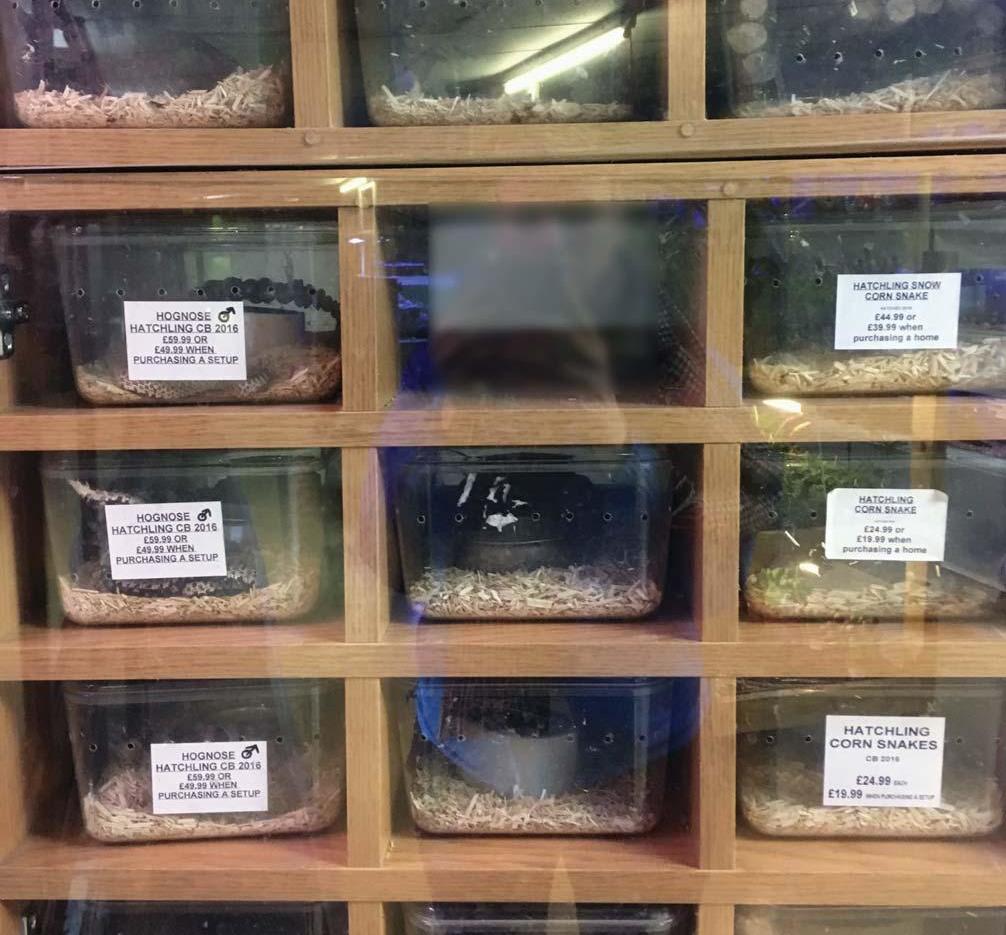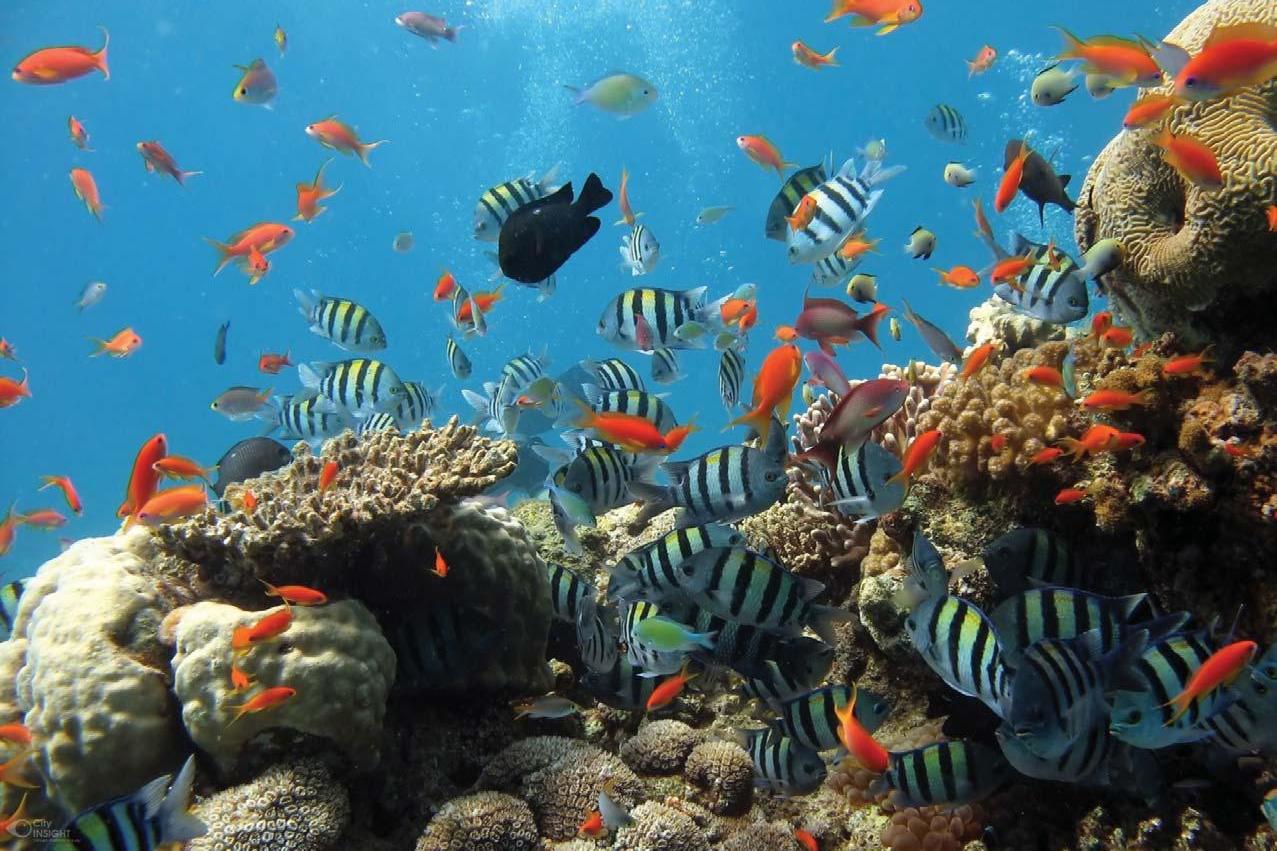
2 minute read
Foreword
©garyrobert s ph ot o g r a p hy . com Will Travers OBE, Co-founder and Executive President, Born Free Foundation
The world’s wildlife is in serious crisis, and the obsession we seem to have with owning rare and exotic animals is a big part of the problem. Animals of all kinds, including many that are threatened with extinction, are taken from the wild or bred in captivity to supply the seemingly insatiable demand for exotic ‘pets’. Many of these are destined to end up in the United Kingdom, all too often in conditions which seriously compromise their welfare. Exotic pets can present a serious risk to the health and safety of their owners and other people and animals that might come into contact with them. In addition, non-native species can threaten our own native wildlife and may be vectors for disease.
Advertisement
In spite of this, our laws are failing to protect these animals, or to prevent the negative consequences of the trade.
This important report, the result of a collaboration between two of the UK’s bestknown animal charities, highlights just how extensive the trade in and keeping of exotic pets is in the UK, its damaging consequences, and how poorly it is regulated.
However you look at it, the proliferation of exotic pet keeping is a ticking timebomb. If the UK government is serious about halting and reversing nature’s decline, protecting the welfare of sentient animals, and ensuring the safety of its citizens, it’s high time tackling this trade was made a top priority.
Chris Sherwood, Chief Executive, Royal Society for the Prevention of Cruelty to Animals
One of the most significant changes the RSPCA has seen over the years has been the increase in the variety of animals that we rescue. Along with the many dogs, cats and horses that we help, we have had to come to the aid of lizards, snakes, tortoises, parrots, sugar gliders, raccoon dogs; the list is extensive. Many of the problems we see are the result of a lack of understanding of the needs of these animals. These are essentially wild animals, whose complex needs are dictated by the natural habitats in which they exist. It is very difficult to meet these needs in a normal domestic setting. As a result, many of these animals suffer. Primates are a good example and we welcome the government's proposals in the Kept Animals Bill to regulate their keeping, but we feel this does not go far enough.
As part of the RSPCA’s strategy for 2020-2030, Together For Animal Welfare, we have set ourselves the ambitious target of reducing neglect, abuse and cruelty to companion animals - including exotic pets - by 50%. Changing attitudes, behaviours and laws will be critical to us reaching this ambitious target. This report is a major step forward, ensuring that MPs, policy makers and other key stakeholders are informed about the issues that keeping these animals cause and the impacts on local authorities, vets and organisations like the RSPCA. This report offers far-reaching recommendations as to how this could be achieved and we welcome further discussion on these proposals with all those interested in exotic animal welfare.







